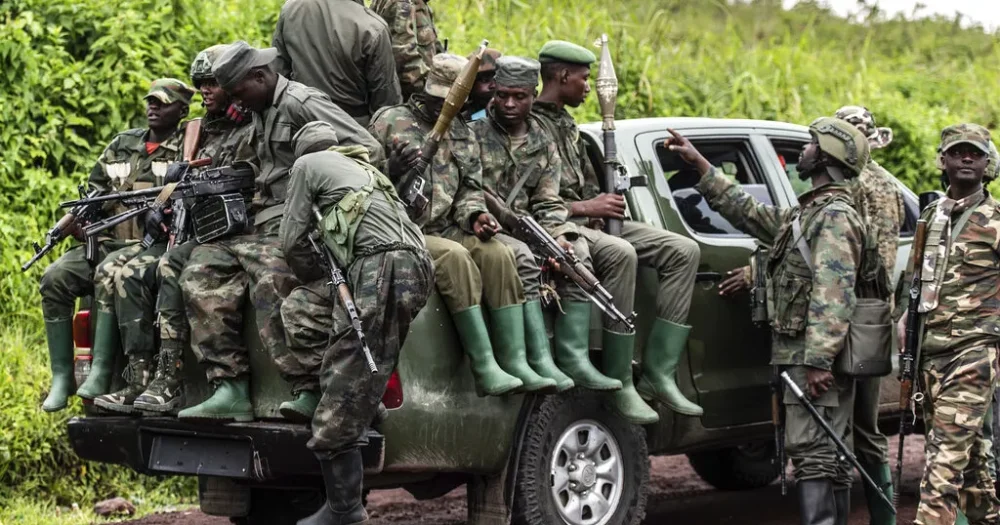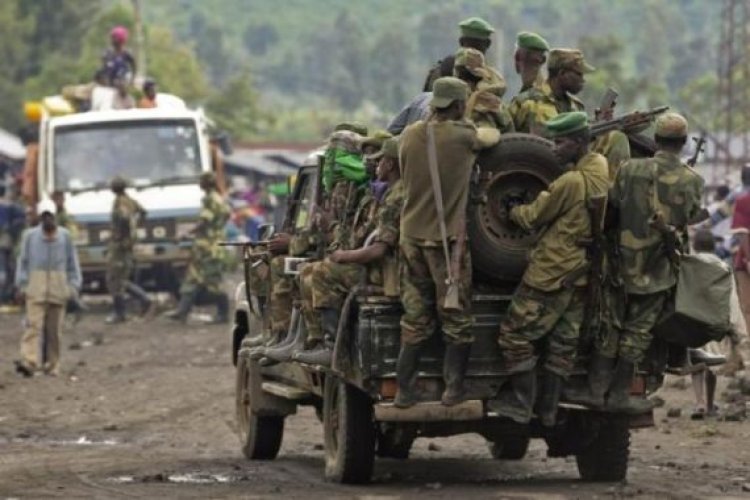For over three decades, Eastern Democratic Republic of Congo (DRC) has been mired in relentless conflict. The region is a stage for clashes between government forces and armed groups, including some that claim to protect civilians while others are driven by ethnic tensions.
Armed groups like RCD and CNDP have emerged in the past, leading to protracted battles with government forces. Despite efforts to negotiate, promises made by the state to address the grievances of these groups often fell through. The birth of the M23 rebellion in 2012, consisting largely of former CNDP members, served as a reminder of unfulfilled agreements signed on March 23, 2009. Though fighting ceased in 2013, it reignited in November 2021.
Nairobi Talks: A Rocky Path to Peace
In April 2022, M23 participated in Nairobi-led peace talks involving DRC’s government and other armed groups. However, they were later expelled, accused of inciting further violence—an allegation the group denied. M23 claimed it was being sidelined unjustly, while the talks themselves were criticized for excluding key stakeholders.
By December 2022, the Nairobi talks had reached an impasse, with DRC President Félix Tshisekedi blaming Kenya’s leadership under President William Ruto for favoring Rwanda, a claim Ruto’s administration denied. Tshisekedi declared DRC would not negotiate with M23, labeling it a terrorist organization.
Renewed Hope Through Luanda
Despite President Tshisekedi’s hardened stance, a glimmer of hope emerged after his December 15, 2024, meeting in Luanda with Kenya’s former President Uhuru Kenyatta and Angolan President João Lourenço. Following a November 30 decision by East African Community (EAC) leaders to merge the Nairobi and Luanda peace initiatives, Angola announced that DRC had agreed to discussions with M23 under the Nairobi framework.
Contradictorily, DRC officials continued to deny any intentions of negotiating directly with M23, with government spokesperson Patrick Muyaya reaffirming the refusal to engage with the group while expressing a willingness to resume talks with other armed factions.

International Pressure and Rising Stakes
International pressure and M23’s territorial gains in North Kivu, especially in Lubero territory, have forced DRC to reconsider its options. However, DRC alleges Rwanda’s insistence on direct talks with M23 as a stumbling block, though Kigali maintains it supports any negotiation framework capable of producing sustainable peace.
Rwanda’s Foreign Minister Olivier Nduhungirehe stated:
“Rwanda is advocating for dialogue, regardless of its format. What matters most is the substance of the discussions, not their structure.”
Experts argue that addressing underlying issues—such as the marginalization of Congolese Tutsi and economic exclusion—is essential for lasting peace. Without inclusive dialogue, Eastern DRC’s troubles are likely to deepen.
A Fragile Opening
On December 18, 2024, Angolan Foreign Minister Tete Antonio delivered a message from President Lourenço to Rwandan President Paul Kagame, signaling potential openings for Rwanda-DRC dialogue. This move suggests that talks involving M23 might still be on the table, despite persistent challenges.
As the region awaits concrete actions, the stakes remain high for Eastern DRC’s stability and the future of its people.



